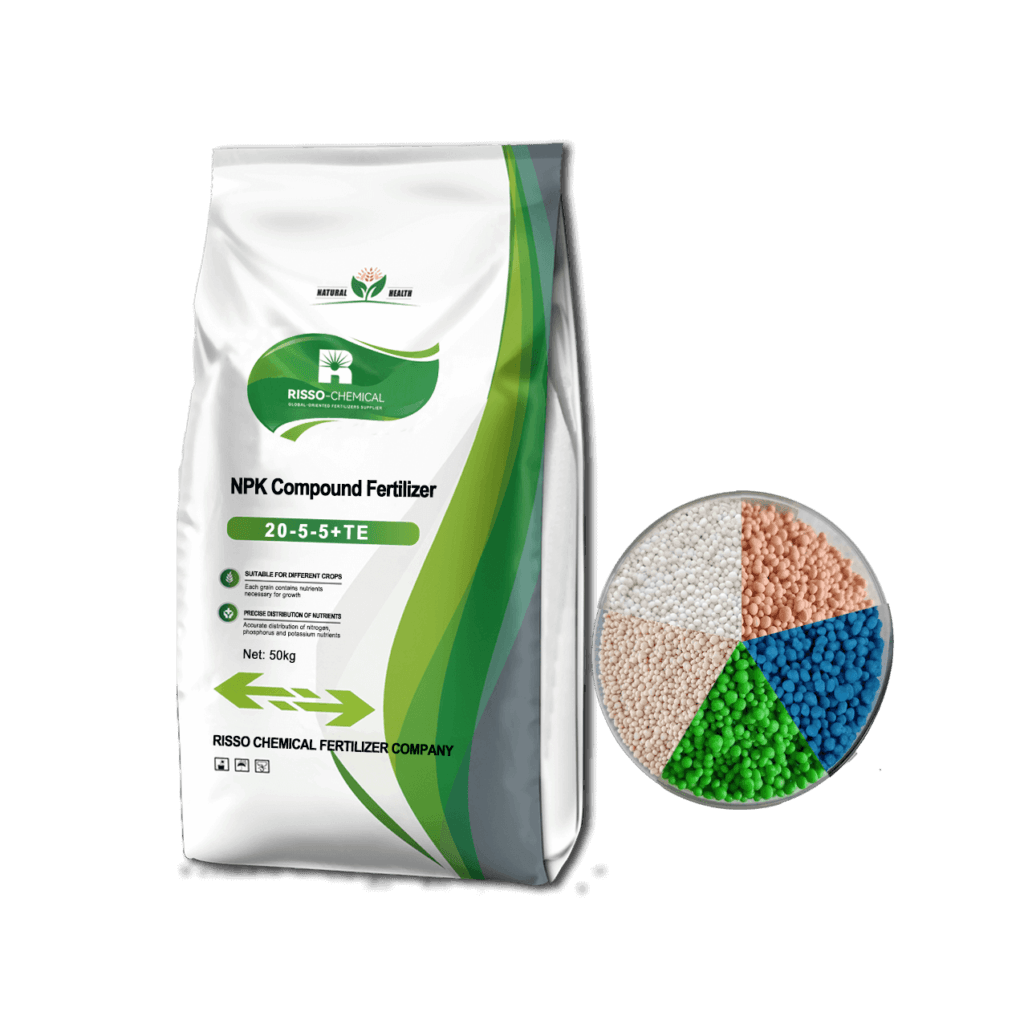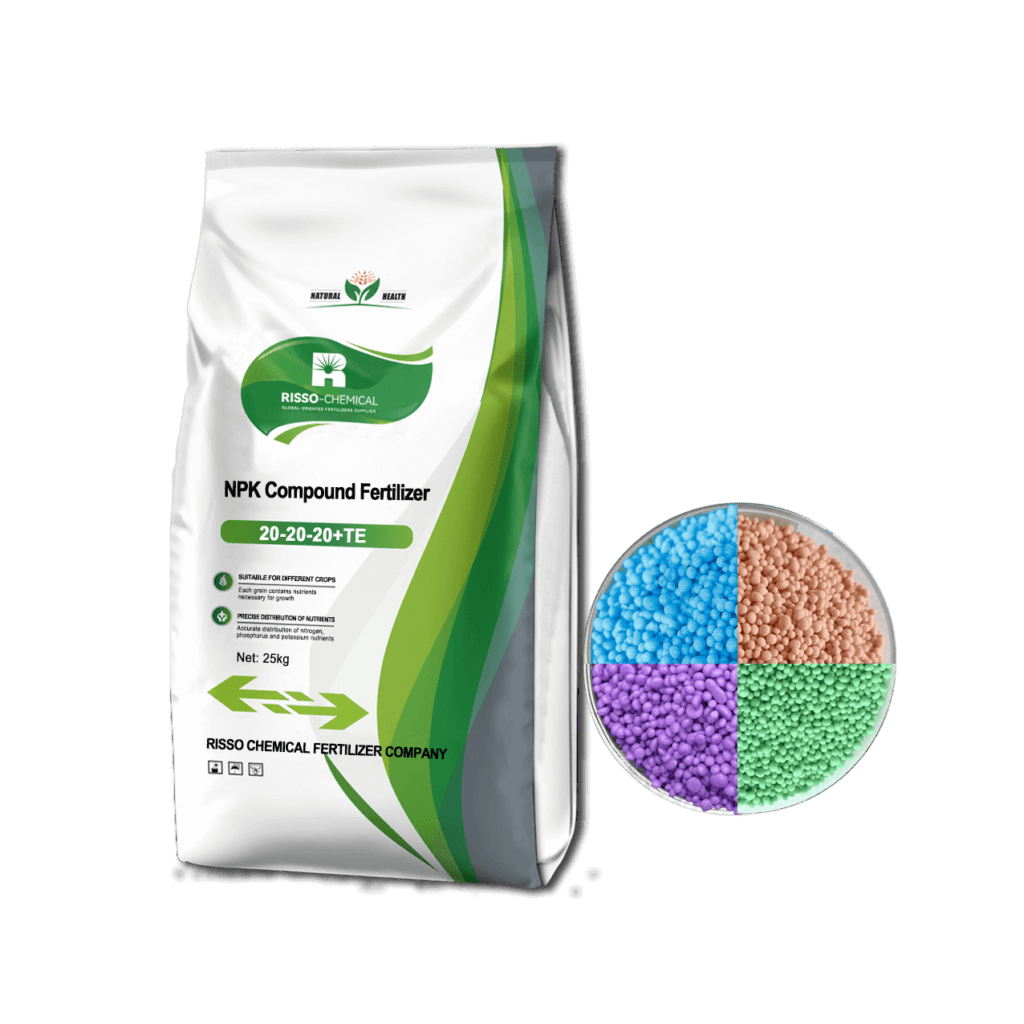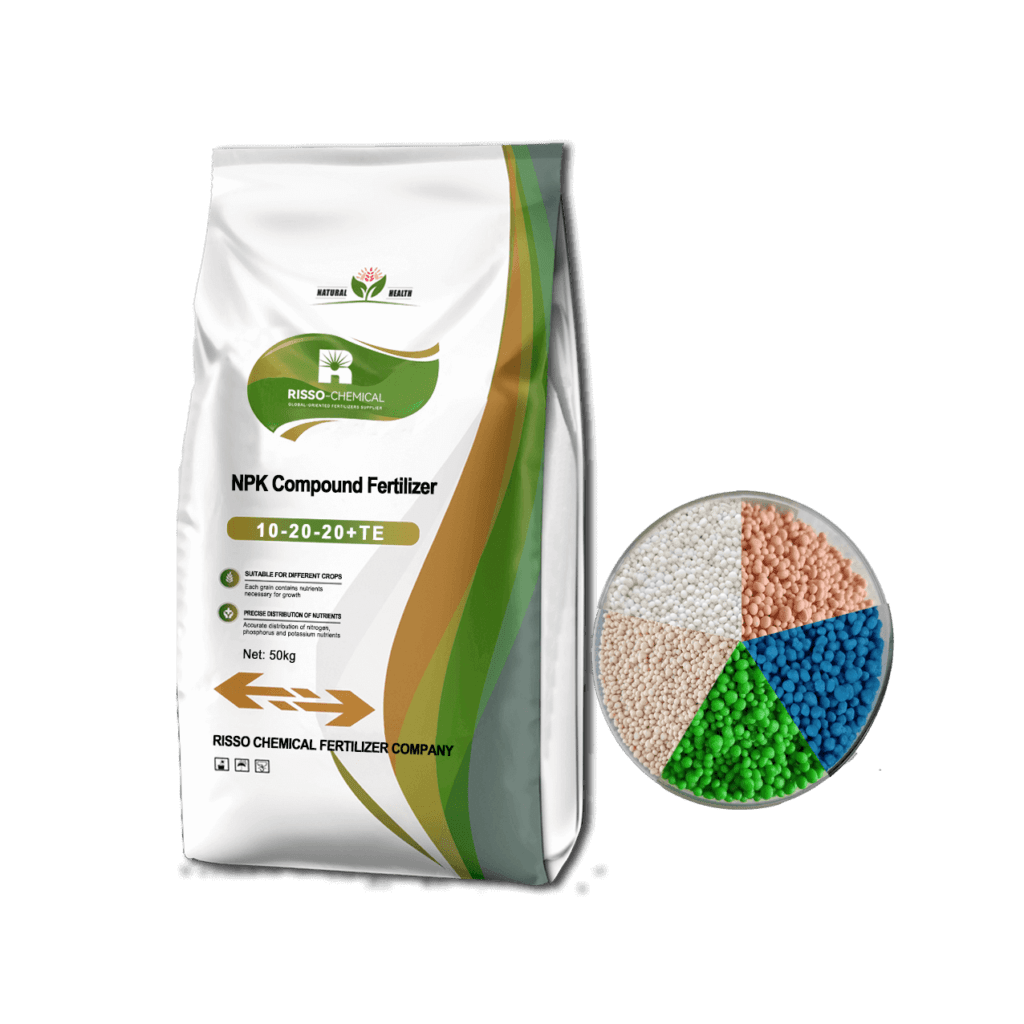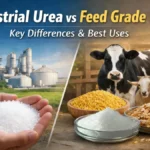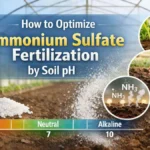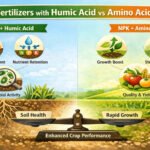Let more growers get greater benefits
Choosing the Best NPK Fertilizer Ratio for Plant Growth
- Industry News
- November 19, 2019
- 3:08 pm
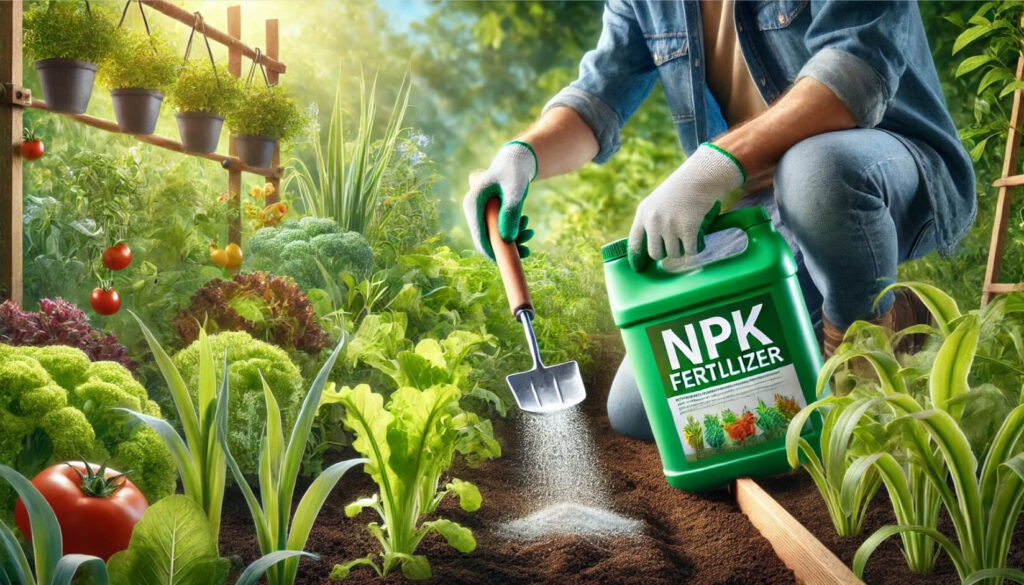

If you’re a gardener, you’ve likely encountered plants that thrive effortlessly and others that struggle with yellowing leaves or stunted growth. The secret to healthy, vibrant plants often lies in selecting the right NPK fertilizer. But how do you determine which NPK ratio is best for your garden? This guide will help you understand the role of nitrogen (N), phosphorus (P), and potassium (K) in plant health and growth.
Table of Contents
- What Is NPK Fertilizer?
- Why Soil Testing Matters Before Using NPK Fertilizer
- Selecting the Right NPK Fertilizer Ratio
- Understanding the Role of Each NPK Nutrient
- Other Key Nutrients: Calcium & Magnesium
- Organic vs. Synthetic NPK Fertilizers
- Conclusion: Finding the Best NPK Fertilizer for Your Garden
What Is NPK Fertilizer?
NPK fertilizers are essential plant nutrients formulated with three primary elements:
Nitrogen (N): Supports leafy growth and deep green color.
Phosphorus (P): Encourages strong roots and enhances flower and fruit production.
Potassium (K): Helps plants regulate water and resist diseases.
The numbers on fertilizer packaging, such as 14-14-14 or 10-20-30, represent the percentage of each nutrient by weight. Choosing the correct NPK fertilizer ratio depends on your soil’s needs and your plants’ growth stages.
Why Soil Testing Matters Before Using NPK Fertilizer
Before applying NPK fertilizers, it’s best to conduct a soil test to determine nutrient deficiencies. Home testing kits provide a general analysis, while professional labs like A & L Labs offer more detailed results. Knowing your soil’s nutrient levels allows you to tailor your fertilizer application for optimal plant health.


Selecting the Right NPK Fertilizer Ratio
Balanced Growth: Use an All-Purpose Fertilizer
For general garden maintenance, a balanced fertilizer like 10-10-10 or 15-15-15 provides equal amounts of nitrogen, phosphorus, and potassium, supporting overall plant health.
Boosting Root Growth: High Phosphorus Fertilizer
Before planting, use a high-phosphorus fertilizer like 12-24-12 to encourage strong root systems and ensure healthy establishment.
Encouraging Leafy Growth: High Nitrogen Fertilizer
Young plants require ample nitrogen to develop lush foliage. A nitrogen-rich fertilizer such as 20-5-5 promotes rapid vegetative growth.
Enhancing Flowering & Fruit Production: High Potassium Fertilizer
When it’s time for flowering and fruiting, revert to a high-phosphorus and potassium fertilizer, like 10-20-20, to stimulate bloom formation and fruit quality.
Understanding the Role of Each NPK Nutrient
Nitrogen (N) – The Green Booster
Nitrogen is crucial for photosynthesis and chlorophyll production, ensuring healthy, leafy growth.Signs of Nitrogen Deficiency:
- Yellowing leaves
- Stunted growth
- Low fruit production
How to Add Nitrogen:
- Organic compost
- Blood meal
- Fish emulsion
Phosphorus (P) – The Root & Bloom Enhancer
Phosphorus supports strong root systems, promotes flowering, and enhances fruit sweetness.Signs of Phosphorus Deficiency:
- Weak roots
- Small, deformed flowers
- Poor fruit development
How to Add Phosphorus:
- Bone meal
- Rock phosphate
Potassium (K) – The Stress Fighter
Potassium helps plants store energy, regulate water balance, and build resistance to stress and disease.Signs of Potassium Deficiency:
- Curled or scorched leaves
- Weak stems
- Low yields
How to Add Potassium:
- Potassium sulfate
- Greensand
Signs of Potassium Deficiency:
- Curled or scorched leaves
- Weak stems
- Low yields
How to Add Potassium:
- Potassium sulfate
- Greensand
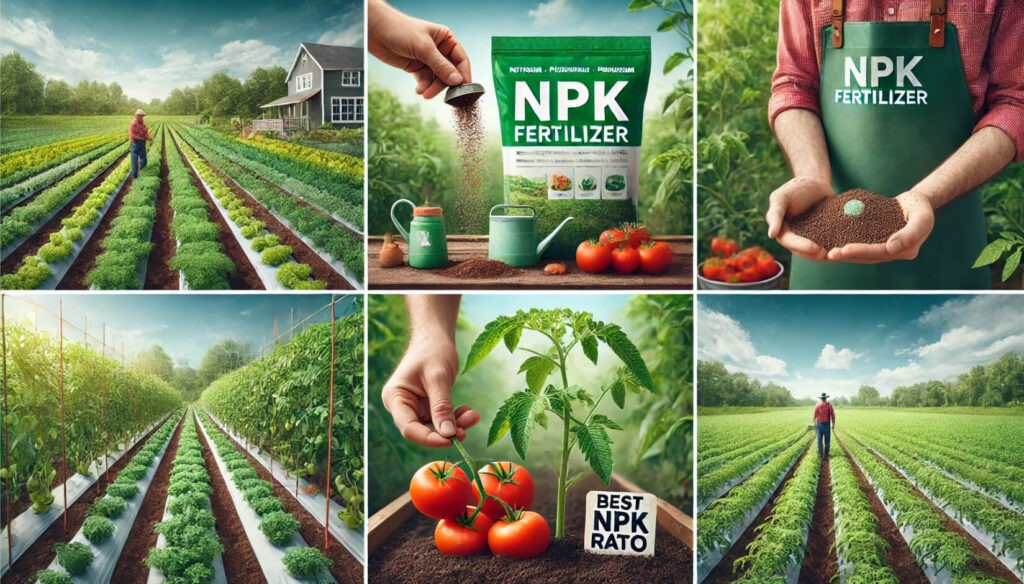

Other Key Nutrients: Calcium & Magnesium
Beyond NPK, calcium and magnesium play vital roles in plant health:
Calcium: Strengthens plant structure and improves nutrient absorption.
Magnesium: Aids in enzyme activation and sugar production.
Organic vs. Synthetic NPK Fertilizers
Gardeners can choose between organic and synthetic NPK fertilizers:
Organic Fertilizers: Derived from natural sources like bone meal, kelp, and compost, they release nutrients slowly and improve soil health.
Synthetic Fertilizers: Offer fast-acting nutrients but may contribute to soil depletion over time.
Conclusion: Finding the Best NPK Fertilizer for Your Garden
Understanding NPK fertilizers and their ideal ratios can make a significant difference in your gardening success. Whether you need an all-purpose fertilizer for general maintenance or a specialized blend for specific growth stages, selecting the right NPK ratio ensures your plants thrive. For the best results, always test your soil and adjust your fertilization strategy accordingly.
Have more questions about NPK fertilizers? Leave a comment below—we’d love to help!
NPK Fertilizer Related Products
If you want to know other questions about NPK fertilizers please contact us and we will provide professional answers.
- Article
What will you get when touch?
✔ Quick & helpful reply within 6 hours.
✔ Tailored solutions for your project.
✔ One-stop product, tech, market
TRENDING
Want to find a China fertilizer manufacturer?
Risso will be your best choice; send us your request for your fertilizer details requirement
TAIAN RISSO CHEMICAL FERTILIZER CO.,LTD.
- Address: High-tech Development Zone, Taian City, Shandong Province
© Copyright 2017 RISSO CHEMICAL. All Rights Reserved.



